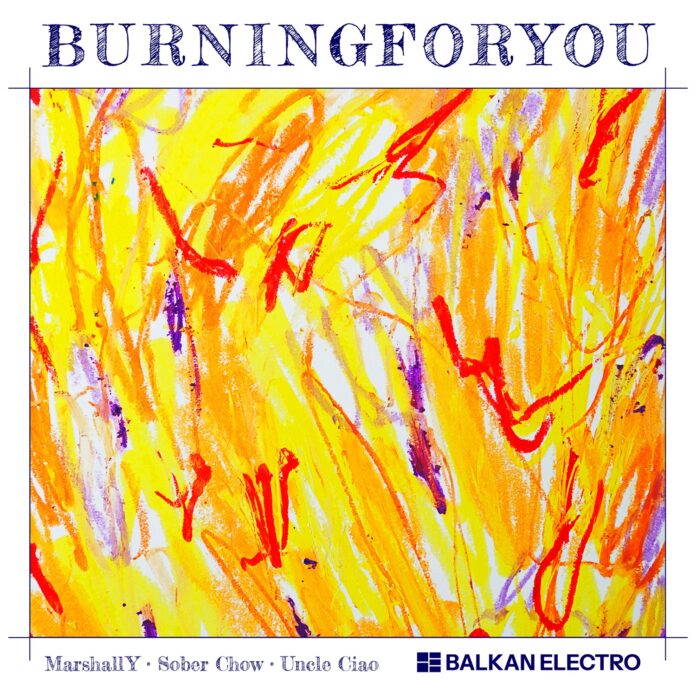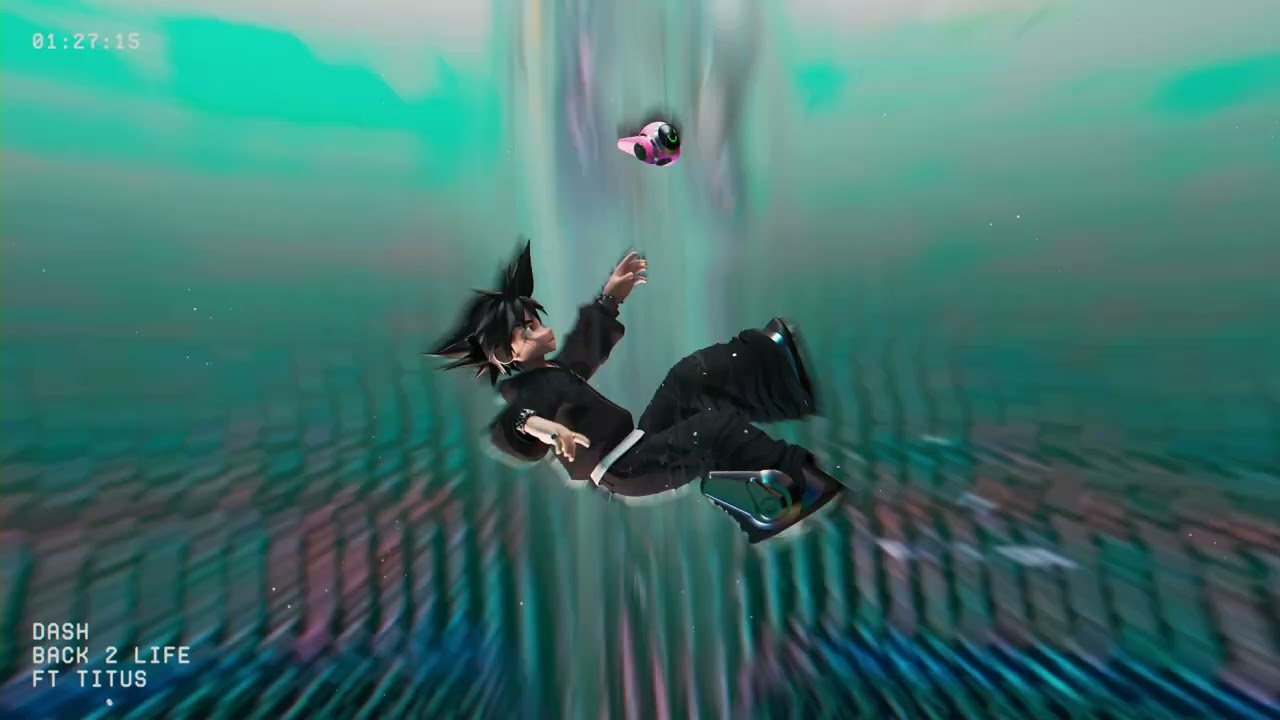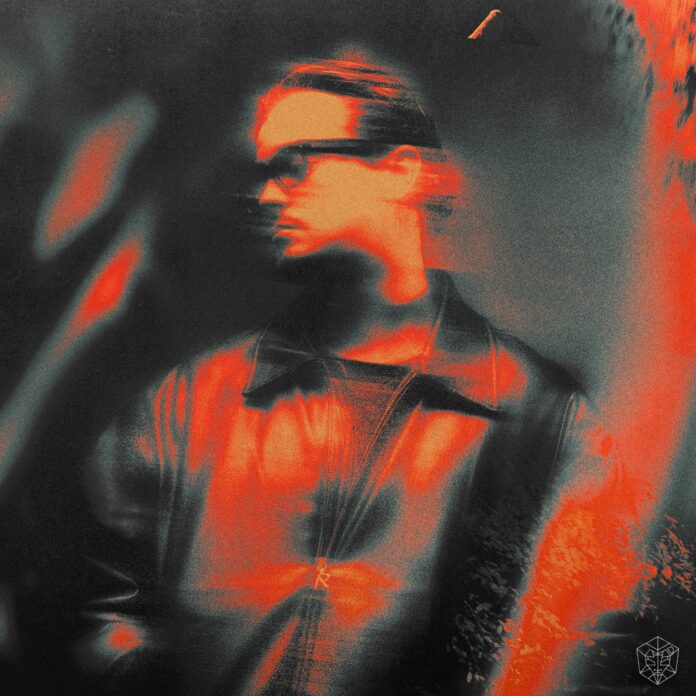Iyashikei is the Japanese word for healing. In a manga and anime context, it refers to a genre that evokes a “healing” feeling. The western equivalent would probably be an indulgent or “feel-good” series/film -- one you’d binge when having a bad day, or something you keep coming back to like comfort food. Iyashikei is the perfect genre to binge during a tumultuous time like the one we're currently in.
With the second wave of COVID-19 incoming as colder climates approach, most countries are considering another lockdown. Many of us have been in quarantine, working remotely and/or engaging in new hobbies like baking or binge-watching shows and films to combat boredom and uncertainty. It’s not at all uncommon or unusual to feel anxiety when we don’t know what the future holds, and iyashikei anime serves as the perfect escape from all that.
The shows themselves may seem silly and mundane. Usually, iyashikei tend to have a straightforward plot and minimal conflict, opting to center around completing tasks or simply living life. But, that’s precisely the beauty of iyashikei.
It’s not safe to hang out in the way it was in pre-pandemic times, so watching a character be able to live so freely or travel without a care in the world has suddenly become kind of cathartic. Since so many of us feel worried and lethargic, completing even the most basic of tasks can be a challenge. Watching a fictional character do chores seems boring in theory, but iyashikei sparks the human need for completion and, right now, serves as one of the best forms of comfort.
So where should you start with the genre? The best example of iyashikei is probably the Aria series. Aria spans three seasons and follows a group of girls training to be “undine” (gondoliers) in the futuristic setting of Neo Venezia, a colony on Mars. Each episode usually stresses the importance of friendship and comes with a mini-life lesson -- mostly, to sit back, find the excitement in routine or be thankful for things usually taken for granted. The girls enjoy their work and lead simple lives in a charming aquatic dome-like world, and the viewer is transported to a temporary state of serenity.
Yokohama Kaidashi Kikou is another notable title. The OVA is from the '90s and takes place in a post-apocalyptic setting. Climate change has sunken the city of Yokohama underwater, and the OVA follows an android that runs a small café in what used to be the bustling city. Though the café usually never has customers, and the setting is rather somber, there is no sense of hopelessness or despair. People are laid-back and simply trying to enjoy their lives. Yokohama Kaidashi Kikou is an anime told with few words; instead, the viewer learns to appreciate it through visuals.
There are more modern examples of iyashikei. Natsume's Book of Friends, Mushishi and Flying Witch are some that come to mind. The first two series take on more serious tones, but fundamentally, all three pull on the heartstrings and have fantastical elements using either magic or youkai.
Not every iyashikei is a fantasy -- many tend to overlap with the slice-of-life genre. Aria’s mangaka is currently publishing Amanchu!, a slice-of-life about diving that still manages to evoke the healing feeling Aria was famous for. The second season of Amanchu! aired in 2018. Other great shows are Laid-Back Camp, K-On!, Barakamon and Lucky Star. Laid-Back Camp, an anime about camping in the great outdoors, is coming back with a second season in January 2021.
Iyashikei anime usually have beautiful scenery and visuals paired with soothing soundtracks to put the viewer in a tranquil headspace. Ghibli films are famous for such feelings as well; though most aren’t exclusively iyashikei. They do, however, contain similar elements and stunning animation, like Kiki hopping on her broom over the blue sky in Kiki’s Delivery Service and the nostalgic routine of Only Yesterday. So, whether you pop on a Ghibli classic or one of the aforementioned series, you should find that the "healing" anime genre is the tonic you need during this time of stress and anxiety.
About The Author

